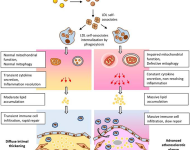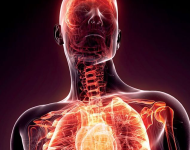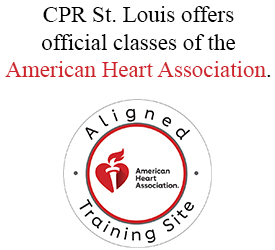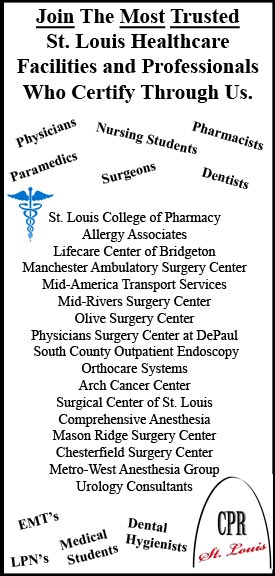Browsing Tag heart disease
What is Angina Pectoris by John Merz
By CPR St. Louis at December 7, 2011 | 8:10 am | 0 Comment
Angina Pectoris is the title given to chest pain due to a lack of blood supply to the heart. The name comes from the Latin words angere, meaning to choke or strangle, and pectus, meaning chest. The name was given because of the feeling of pressure on one’s chest that feels like a tight grip squeezing down. This pain is commonly confused with the onset of a heart attack. more...
Dangers Behind High Blood Pressure By Kimberly Murphy
By CPR St. Louis at October 29, 2011 | 8:56 am | 0 Comment
Overview and Effects of High Blood Pressure High blood pressure, or hypertension, can affect anyone at any age. It is often referred to as the “silent killer”, and is the most common type of cardiovascular disease. Blood pressure refers to the force of blood pushing against the artery walls as it moves through the body. Blood pressure can vary from minute to more...
Sleep Apnea by Matt Peifer
By CPR St. Louis at October 23, 2011 | 8:35 am | 0 Comment
Ever been told you snore loudly? Are you always tired during the day? Have you woken from sleep suddenly gasping for air? Notice a slower reaction time or problems with your vision? If you happen to answer yes to any of these questions you may have a condition known as sleep apnea. Sleep apnea is a potentially serious sleeping disorder, where breathing more...
Mechanism of Atherosclerosis – lecture notes
By CPR St. Louis at September 29, 2011 | 6:48 am | 0 Comment

Atherosclerosis - #1 killer in the United States *coronary artery disease I. Disease of arteries (blood vessels that supply nutrients to tissue) A. Dysfunction of the blood vessels lining B. Leads to build up of lipids (low-density lipoproteins, LDLs) and macrophages within the wall of the vessel C. This buildup results in plaque formation and obstruction of blood more...
Inflammation – outline notes
By CPR St. Louis at September 14, 2011 | 6:38 am | 0 Comment

The inflammatory response is chemically mediated. Although inflammation on the surface, i.e. edema, hot, painful, red, it actually is an important part of healing. IV. Inflammation A. Chemically mediated B. Damage tissue - release chemicals or presence of pathogens alters interstitial fluid (adsbygoogle = window.adsbygoogle || []).push({ more...












